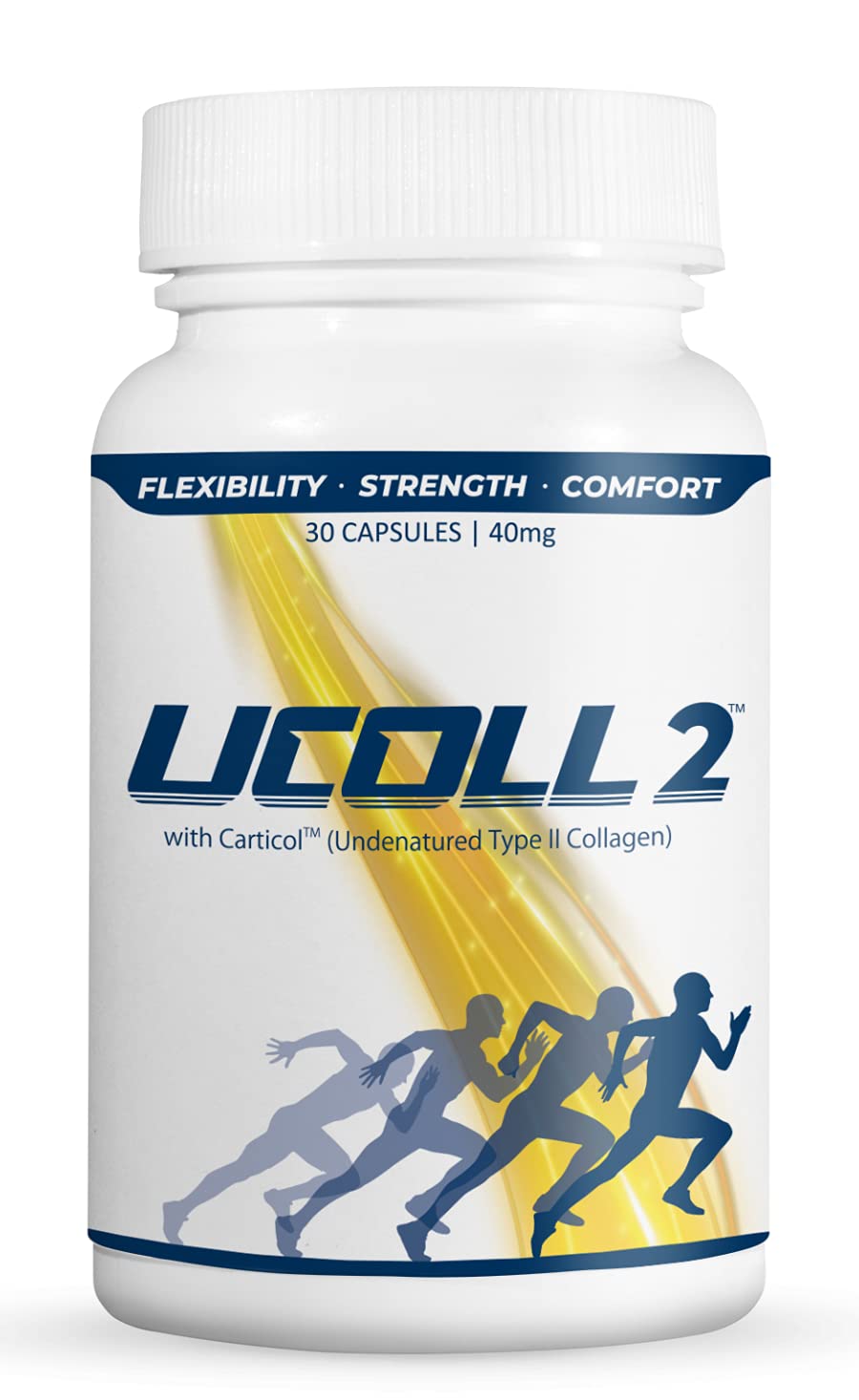Carticol
Micronutrient
Last update date: October 11, 2023
Frequently Asked Questions
1.
What is Carticol?
Cortisol, often referred to as the "stress hormone," is a steroid hormone present in your body. It plays a crucial role in regulating various processes, including your stress response, immune response, and metabolism. The secretion of cortisol is controlled by the HPA axis, which consists of your hypothalamus, pituitary gland, and adrenal gland. Notably, cortisol receptors are present in almost every cell in your body, highlighting its importance in various physiological functions.
2.
What is positive impact of Carticol?
Cortisol has several vital positive impacts on your body's functioning: Blood Sugar Regulation: Cortisol helps control blood sugar levels, ensuring they remain stable and within the optimal range. Metabolism Regulation: It plays a role in regulating your metabolism, aiding in energy production and utilization. Inflammation Reduction: Cortisol acts as an anti-inflammatory agent, helping to reduce inflammation in the body. Memory Formation: Cortisol is involved in memory formation and cognitive processes. Salt and Water Balance: It assists in maintaining the proper balance of salt and water in your body. Blood Pressure Regulation: Cortisol plays a role in regulating blood pressure levels. Foetal Development: During pregnancy, cortisol contributes to the development of the foetus. Birth Processes: Cortisol triggers essential processes involved in childbirth. Stress Response: It is the primary hormone responsible for your body's stress response.
3.
What is negative impact of Carticol?
While cortisol is essential for various bodily functions, excessive levels or prolonged exposure to high cortisol can have negative effects: Weight Gain: Chronic stress and elevated cortisol levels may lead to weight gain, particularly around the abdominal area. Immune System Suppression: Prolonged stress can weaken the immune system, making you more susceptible to infections and illnesses. Sleep Disruptions: High cortisol levels can disrupt sleep patterns, leading to insomnia and restlessness. Digestive Issues: Elevated cortisol may cause digestive problems like stomachaches, bloating, and indigestion. Mood Changes: Excess cortisol can contribute to anxiety, irritability, and mood swings.
4.
Who should avoid Carticol?
Individuals experiencing the following conditions or situations may benefit from avoiding excessive cortisol: Chronic Stress: People facing prolonged stress should take measures to manage stress levels and cortisol production. Sleep Disorders: Individuals with sleep disorders should prioritize healthy sleep habits to prevent elevated cortisol at night. Autoimmune Disorders: Those with autoimmune conditions may need to manage stress and cortisol to support their immune system. High Blood Pressure: People with hypertension should be mindful of stress management techniques to control cortisol levels. Obesity: Individuals struggling with obesity can benefit from stress reduction to avoid further weight gain due to cortisol.
5.
What are common sources of Carticol?
Several factors can increase cortisol levels. While cortisol is naturally produced in the body, certain lifestyle and dietary choices can influence its levels: Stress: High-stress levels can lead to increased cortisol production. Sleep Deprivation: Lack of sleep or poor sleep quality can elevate cortisol levels. Alcohol: Excessive alcohol consumption can raise cortisol levels in some individuals. Caffeine: Consuming large amounts of caffeine may temporarily increase cortisol. Saturated Fats: A diet high in saturated fats can contribute to elevated cortisol. Simple Sugars: Foods with simple sugars, like sodas and candy, can affect cortisol levels. Simple Carbs: Refined carbohydrates, such as white bread, can also impact cortisol production.








